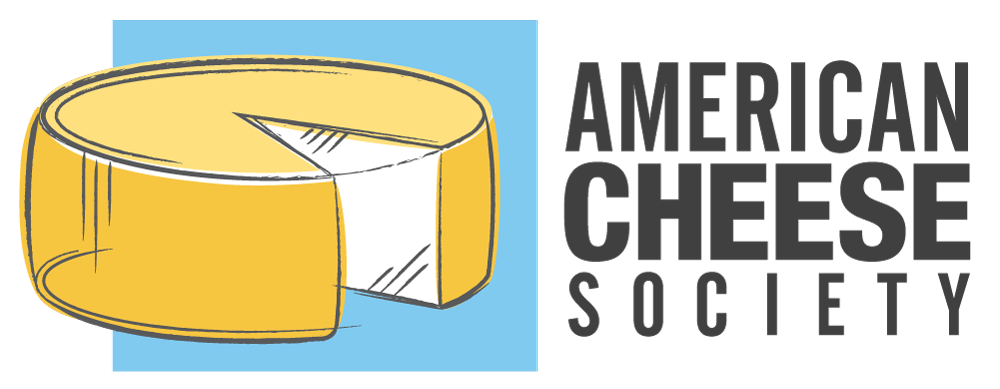March 11, 2017
To The Editor of The New York Times:
The American cheese community is deeply saddened by the illness and loss of life reported in your March 11 article, “Two People Die After Eating Raw Milk Cheese Made in New York State.” First and foremost, our industry’s thoughts are with the families affected by this devastating situation, as cheese professionals put the safety of their products, and their consumers, above all else.
As the leading organization supporting and promoting American cheeses and producers, the American Cheese Society feels it is critical to correct and clarify items in the story that misrepresent the hard work and diligent commitment of American cheesemakers. Cheese has a strong and reliable track record of food safety in this country. Of all foodborne illness outbreaks recorded by the Centers for Disease Control and Prevention from 2014 to 2015, just 1.5% were attributed to cheese of any kind.
The author incorrectly infers that raw milk cheese is inherently unsafe, when in fact studies indicate that cheeses crafted from raw milk and properly aged are among some of America’s safest foods. From 2014 to 2016, the U.S. Food & Drug Administration (FDA) conducted a very thorough assignment testing legally produced and aged raw milk cheeses for a variety of pathogens, and found just 0.62% tested positive for Listeria monocytogenes. The five domestic cheeses involved were not linked to any outbreaks, and were swiftly and voluntarily recalled from market. Rather than finding raw milk to be the source of contamination, in its summary report FDA wrote that it “believes this contamination rate may be related to product handling practices or procedures.” They also stated that “the FDA plans to continue to work with the cheese industry to identify and correct practices that lead to Listeria monocytogenes contamination in cheese,” a promise on which they are delivering.
Cheese can be made legally in the U.S. using unpasteurized milk, so long as the cheese is aged for a minimum of 60 days at a temperature no less than 35 degrees Fahrenheit. In addition, unpasteurized milk can only be used to produce a limited variety of cheeses as specified by the FDA. All other federal regulations for cheese production are the same whether or not milk used for cheesemaking is pasteurized. Inspections are conducted regularly by federal and state agencies as well as private organizations.
Being a small producer, or an artisan producer, does not change the fact that safety must always be any food producer’s top priority. The FDA has worked with the American Cheese Society by reviewing our Best Practices Guide for Cheesemakers to ensure its technical accuracy and alignment with current regulations, including the safe production of raw milk cheeses. We will continue to focus on educating producers about safe cheesemaking practices, and working with regulators to maintain science-based guidelines that positively impact public health and safety.
American cheesemakers care deeply about making safe, delicious, wholesome products for consumers, and this event is a devastating reminder that food safety is of the utmost importance.
Please see our website at www.cheesesociety.org for complete, thorough, and up-to-date educational resources and accurate facts about the industry.
Nora Weiser
Executive Director
American Cheese Society
About the American Cheese Society
Founded in 1983, the American Cheese Society (ACS) is the leader in promoting and supporting American cheeses, representing over 1,700 cheese industry professionals. ACS provides the cheese community with educational resources and networking opportunities while encouraging the highest standards of cheesemaking focused on safety and sustainability.
